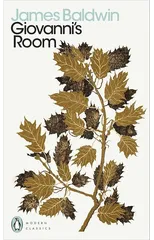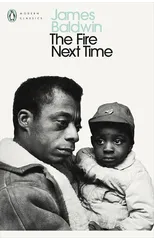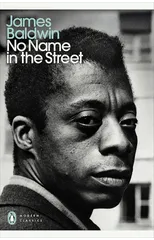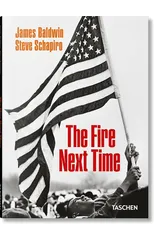An award-winning play from one of America’s most brilliant writers about a murder in a small Southern town, loosely based on the 1955 killing of Emmett Till. • "A play with fires of fury in its belly, tears of anguish in its eyes, a roar of protest in its throat." —The New York Times James Baldwin turns a murder and its aftermath into an inquest in which even the most well-intentioned whites are implicated—and in which even a killer receives his share of compassion. In a small Southern town, a white man murders a black man, then throws his body in the weeds. With this act of violence, James Baldwin launches an unsparing and at times agonizing probe of the wounds of race. For where once a white storekeeper could have shot a "boy" like Richard Henry with impunity, times have changed. And centuries of brutality and fear, patronage and contempt, are about to erupt in a moment of truth as devastating as a shotgun blast.
James Baldwin
James Baldwin was an American novelist, essayist, and playwright known for his exploration of race, sexuality, and identity in America. His most notable works include "Go Tell It on the Mountain," "The Fire Next Time," and "If Beale Street Could Talk." Baldwin's writing style was characterized by his powerful and eloquent prose, which delved deeply into the complexities of the human experience. He was a prominent voice in the civil rights movement and his works continue to be celebrated for their insight and impact on American literature. His most famous work, "The Fire Next Time," is a seminal text on race in America and remains a classic of 20th-century literature. Baldwin's contributions to literature have had a lasting influence on the genre of African American literature and continue to be studied and revered by readers and scholars alike.






